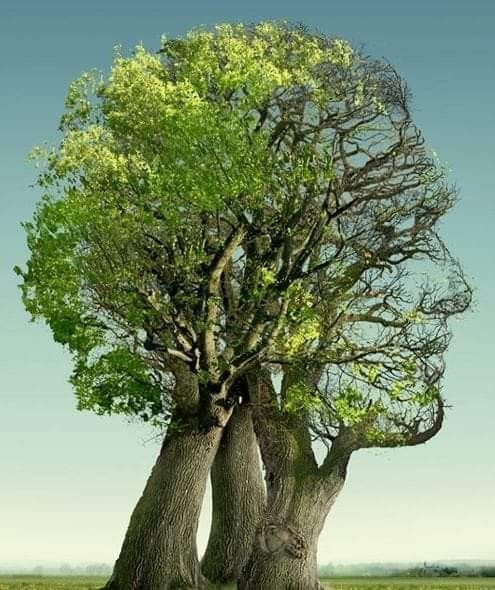
The value of trees extends beyond their aesthetic appeal and calming effect. They play a crucial role in maintaining the health of our planet, acting as natural air purifiers and absorbing carbon dioxide while releasing oxygen through photosynthesis. Trees also help prevent soil erosion, conserve water, and provide habitats for various species. Their presence not only enhances landscapes and parks but also contributes to a peaceful environment with their lush foliage and graceful shapes. From dense forests to lone urban trees, their vibrant colors and serene appearance have a soothing effect on our senses.

Spending time in nature has been proven to have a positive impact on our mental and physical well-being, as suggested by numerous studies. Being surrounded by green trees can reduce stress levels, boost mood, and improve cognitive function. Engaging in physical activities such as walking or exercising in green spaces has been linked to increased vitality and a lower risk of developing various health issues.


The presence of green trees not only benefits the environment but also has economic advantages. They have a significant impact on the tourism industry as they attract visitors to picturesque locations and provide opportunities for outdoor activities like birdwatching, camping, and hiking. Trees also play a crucial role in reducing energy consumption by providing shade, which helps in cooling buildings and reducing the need for air conditioning.


As environmental conservation becomes a more pressing issue, the value of green trees grows even more apparent. Sustainable practices such as afforestation and reforestation become essential as they help combat deforestation and mitigate the effects of climate change. Conserving existing trees and planting new ones can ensure a greener and healthier future for generations to come.





